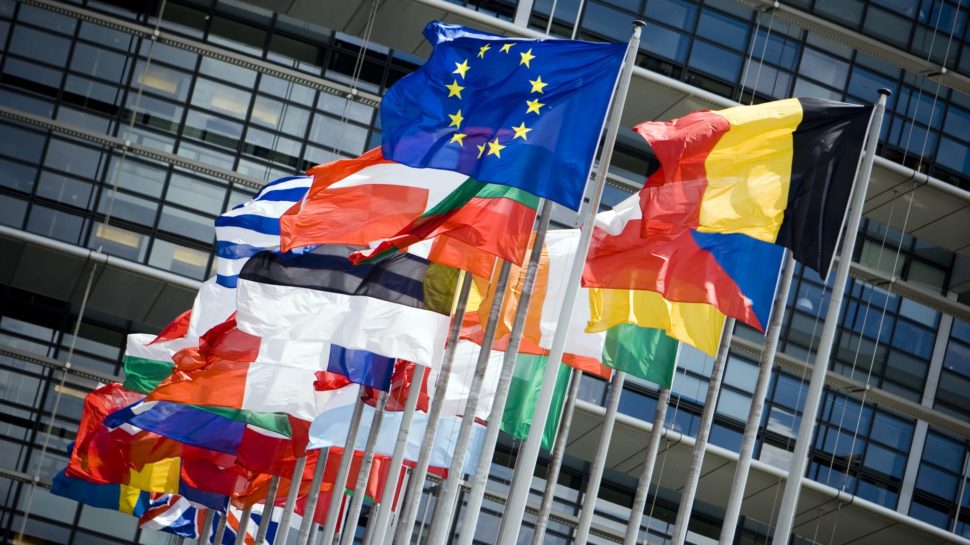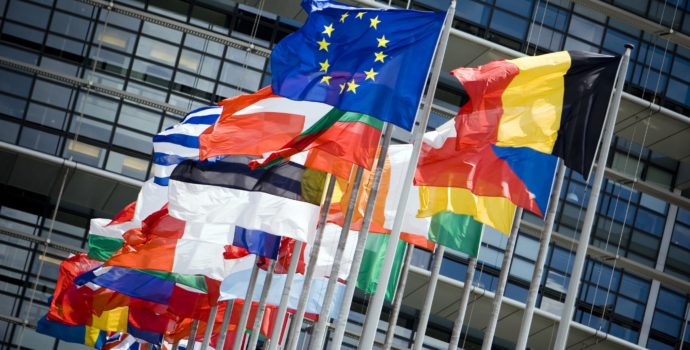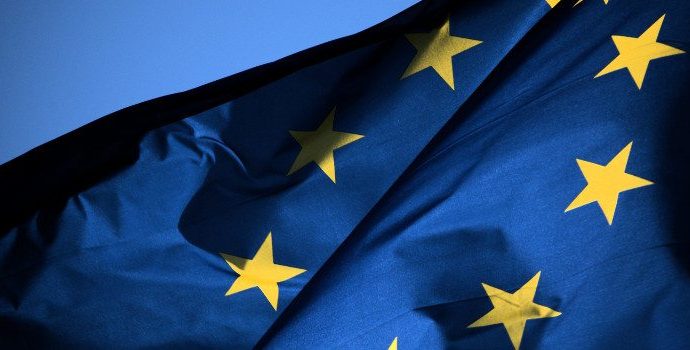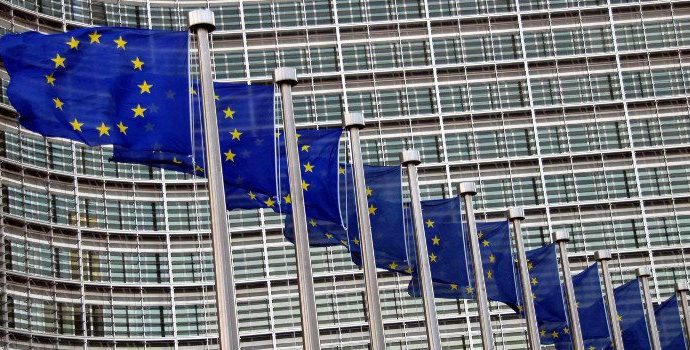European Commission Daily News 18th Feb

Agriculture: Commission approves two new geographical indications from Hungary and Slovakia
The European Commission has approved the application for inclusion of “Újfehértói meggy” from Hungary and “Liptovské droby” from Slovakia in the Register of Protected Geographical Indications (PGI). The “Újfehértói meggy” refers to sour cherries produced in the Nyírség region, in eastern Hungary. “Újfehértói meggy” is characterized by an absence of bitterness, a burgundy or dark red skin, a colored pulp and a pleasantly tart taste. These characteristics are linked to the climatic conditions of the region, as well as to human knowledge associated with varietal selection and the method of cultivation. “Liptovské droby” are a special type of sausage made in the old-fashioned way, using an artisanal method, in the Liptov region, in the north of Slovakia. The specificity of this product lies in its stuffing, made from potatoes, French fries and spices and embossed in natural pork or beef casings. The skill of the makers of “Liptovské droby” has developed through the skills and experience passed down from generation to generation, which is reflected in the quality of the final product. “Liptovské droby” has always been a popular delicacy at festive tables, markets and fairs. These new names will join 1514 already protected food products, the list of which is available in the eAmbrosia database. For more information, see also the pages on quality policy.
Commissioners Schmit and Breton organize a round table on the European skills pact with representatives of the agrifood ecosystem
This afternoon, Commissioners Schmit and Breton are organizing a round table on the skills pact with representatives of the agro-food ecosystem. This roundtable is part of a series of discussions aimed at encouraging industry participation in the skills pact. Announced as part of the European skills strategy adopted by the Commission on July 1, 2020, the pact was launched on November 10. Its objective is to mobilize all the players concerned – industrial, social, regional and educational partners – to help workers develop the skills necessary for a sustainable, social and resilient recovery following the coronavirus pandemic. Partnerships established under the Pact will be supported by the Commission in the form of a partnership platform or advice on EU funding options. The agri-food sector is directly impacted by the pandemic. It has also made significant progress under the current sectoral skills cooperation initiative. It was therefore identified as a priority ecosystem to be associated with the pact. Upgrading existing skills and developing new skills are important drivers for economic recovery as well as for long-term restructuring of the sector. Particular attention is given to skills that facilitate the dual ecological and digital transition of the ecosystem.
Zero Pollution: Clean Air Dialogue between the Commission and the Netherlands
The Commission is holding on 17 and 18 February a Clean Air Dialogue with the Netherlands to promote actions to improve air quality and reduce air pollution in the country. This bilateral dialogue focuses on the main challenges faced by the Netherlands, such as emissions from residential heating, transport and agriculture. Special emphasis is placed on collaboration between the public and private sector, as well as the role of cities and local and regional authorities – including green public procurement, green urban planning and other green policies. Taking part in the Clean Air Dialogue, Commissioner for the Environment, Oceans and Fisheries, Virginijus Sinkevičius, said: “Further reducing air pollution in the Netherlands, and across Europe, would improve quality of life, decrease premature deaths from respiratory diseases and reduce pressure on ecosystems and biodiversity. It also makes economic sense. This is the approach we are taking with our Zero Pollution ambition set in the European Green Deal. Events such as this Clean Air Dialogue are important, as they improve collaboration and create the opportunity for cross-sector and cross-level discussions and exchanges.” While emissions of several air pollutants have decreased significantly in the Netherlands since the 1990s, air pollution still gives cause for concern and has a significant impact on the health of citizens. The Netherlands also faces other challenges, especially regarding the reduction of ammonia and nitrogen pollution from agriculture. This Clean Air Dialogue gathers the Dutch authorities, European Commission representatives and over 200 stakeholders in a structured discussion. Clean Air Dialogues have been put in place by the Commission in 2016 and to date seven such dialogues have taken place: in Ireland, Luxembourg, Hungary, Slovakia, Spain, Czech Republic and Italy. Clean Air Dialogues are voluntary can be organised upon request by the Member States. More information is available in the news release. (For more information: Vivian Loonela – Tel : +32 229 66712 ; Daniela Stoycheva – Tel : +32 229 53664)
Read the European Commission Daily News in full here.




